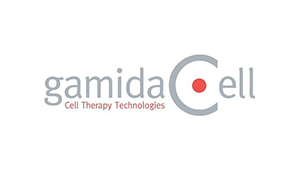 Gamida Cell said today that the European Medicines Agency granted its NiCord cell graft an additional orphan drug designation as a treatment for hematopoietic stem cell transplantation, or bone marrow transplantation.
Gamida Cell said today that the European Medicines Agency granted its NiCord cell graft an additional orphan drug designation as a treatment for hematopoietic stem cell transplantation, or bone marrow transplantation.
The treatment is a graft derived from umbilical cord blood which has been expanded and enriched with stem and progenitor cells, according to the company. The EMA previously granted orphan drug designation to NiCord for acute myeloid leukemia.
The Jerusalem-based company’s cell graft was designed as an alternative to bone marrow transplantation for patients with blood cancer who do not have a fully matched donor.
“We are very encouraged that the EMA has widened NiCord’s orphan drug designation to include BMT, and believe it is an important recognition of the unmet needs in these indications,” president & CEO Yael Margolin said in prepared remarks. “This broadened regulatory designation adds a key layer of market exclusivity for NiCord as we move forward with our Phase III study and prepare for commercialization.”
The FDA granted NiCord orphan drug designation for the treatment of AML, acute lymphoblastic leukemia, Hodgkin’s lymphoma, myelodysplastic syndromes and chronic myelogenous leukemia. The U.S. watchdog also awarded Gamida Cell with the breakthrough therapy designation for NiCord in blood cancers.
In February, the company said that the 1st patient has been treated in the Phase III registration trial of its NiCord cell graft for patients with blood cancer.
The trial, which is slated to enroll 120 patients, will evaluate the safety and efficacy of NiCord compared to un-manipulated cord blood in patients with hematological malignancies, Gamida Cell reported. The study’s primary endpoint is the time to neutrophil engraftment.

